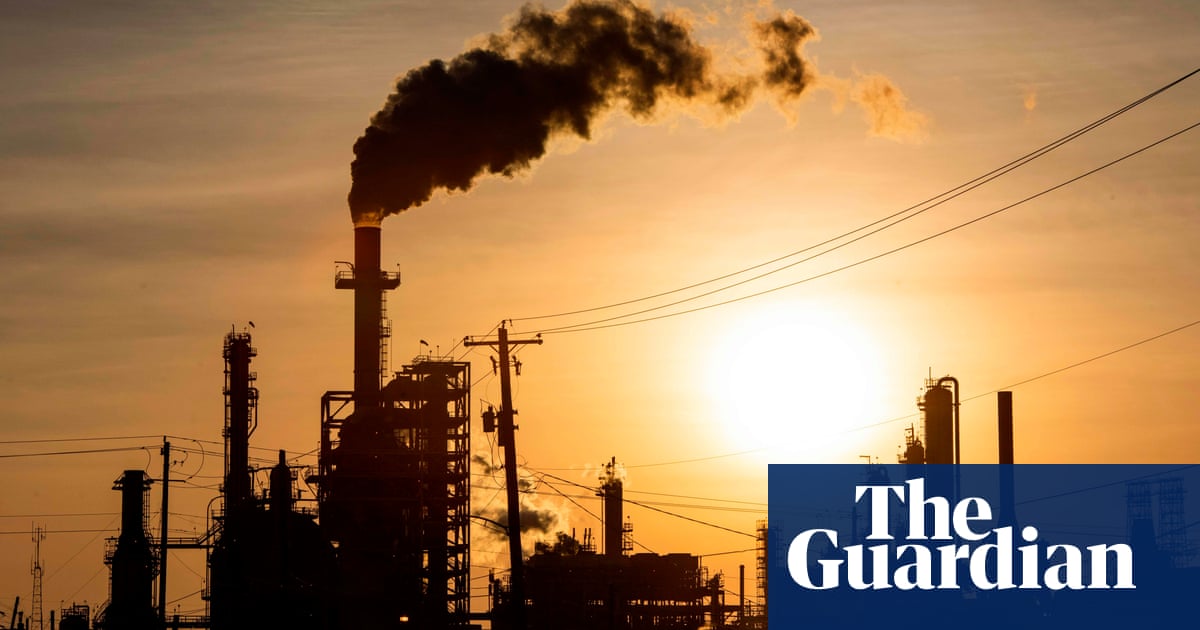Top Oil Firms’ Climate Efforts Ineffective: Detailed Report Findings

Introduction
In recent years, major oil companies such as BP, Chevron, ConocoPhillips, and ExxonMobil have made ambitious climate pledges to address the growing climate crisis. However, a new report by Oil Change International reveals that these pledges fall short of scrutiny and do not align with limiting global warming to 1.5°C above pre-industrial levels. This threshold, warned by scientists, could have devastating consequences if breached.
Key Findings of the Report
Oil Change International conducted an in-depth analysis of the climate plans from the eight largest U.S. and European-based international oil and gas producers. These companies include BP, Chevron, ConocoPhillips, Eni, Equinor, ExxonMobil, Shell, and TotalEnergies. The evaluation used ten criteria, ranking each company's efforts on a scale from 'fully aligned' to 'grossly insufficient.'
Ambition to Curb Fossil Fuel Exploration and Production
The report identifies a significant lack of ambition among these firms to halt fossil fuel exploration and production. None of the companies have plans to cease new oil and gas extraction projects. Interestingly, six of the eight companies, including Shell and BP, aim to increase their production rates. Shell's strategy involves maintaining steady oil production while boosting gas output.
Integrity of Climate Mitigation Methods
The company's methods to achieve their climate targets were also found wanting. Many rely on carbon capture and storage, a technology not yet scalable, and carbon offsets that do not adequately reduce emissions. These methods have been linked to human rights violations and are considered by experts as insufficient for true climate mitigation.
Commitment to Just and People-Centered Transitions
The report criticizes all eight companies for failing to meet basic criteria for just transition plans for workers and communities. Despite having human rights policies in place, none of the firms have adequately demonstrated plans to adhere to these guidelines.
Response from the Companies
In response, several company representatives defended their efforts. A spokesperson from Shell claimed the company did not recognize the report's conclusions and reiterated Shell's commitment to achieving net-zero emissions by 2050. Equinor's representative suggested the report misrepresented their plans, emphasizing their ongoing carbon capture initiatives in Norway.
The Bigger Picture
Regardless of the defense mounted by these companies, the report highlights a worrying trend of inadequate climate action among the world's leading oil firms. The continued focus on profit over the planet has stark implications for global climate targets. Oil Change International's findings underscore the urgent need for more stringent and transparent emission reduction strategies.
As these oil giants control a significant portion of the world's carbon budget, their actions (or inactions) play a pivotal role in the global effort to combat climate change. Effective corporate climate pledges are not merely a corporate responsibility but a global necessity.
Conclusion
The Oil Change International report sheds light on the dire need for robust climate policies and transparent implementation from major oil firms. The current trajectory, marked by inadequate pledges and insufficient action, could lead to devastating global consequences. The report calls for rigorous scrutiny and reformation of corporate climate strategies to align with global warming limits and ensure a sustainable future.
This article was prepared using information from open sources in accordance with the principles of Ethical Policy. The editorial team is not responsible for absolute accuracy, as it relies on data from the sources referenced.
FAQ
What did the report by Oil Change International reveal about major oil firms' climate pledges?
The report found that major oil firms' climate pledges are largely ineffective and insufficient to meet global warming targets, falling short on almost every metric.
Which oil companies were evaluated in the report?
The report evaluated BP, Chevron, ConocoPhillips, Eni, Equinor, ExxonMobil, Shell, and TotalEnergies.
What issues did the report highlight regarding the companies' fossil fuel production plans?
The report indicated that none of the companies planned to cease fossil fuel exploration or new extraction projects, with most aiming to increase production.
How did the companies' climate mitigation methods fare in the report?
The methods were deemed insufficient, relying on carbon capture and storage, which is not yet scalable, and carbon offsets, which do not effectively reduce emissions.
What was the response from the companies to the report's findings?
Representatives from Shell and Equinor defended their efforts, stating that the report misrepresented their plans and reaffirming their commitment to reducing emissions.